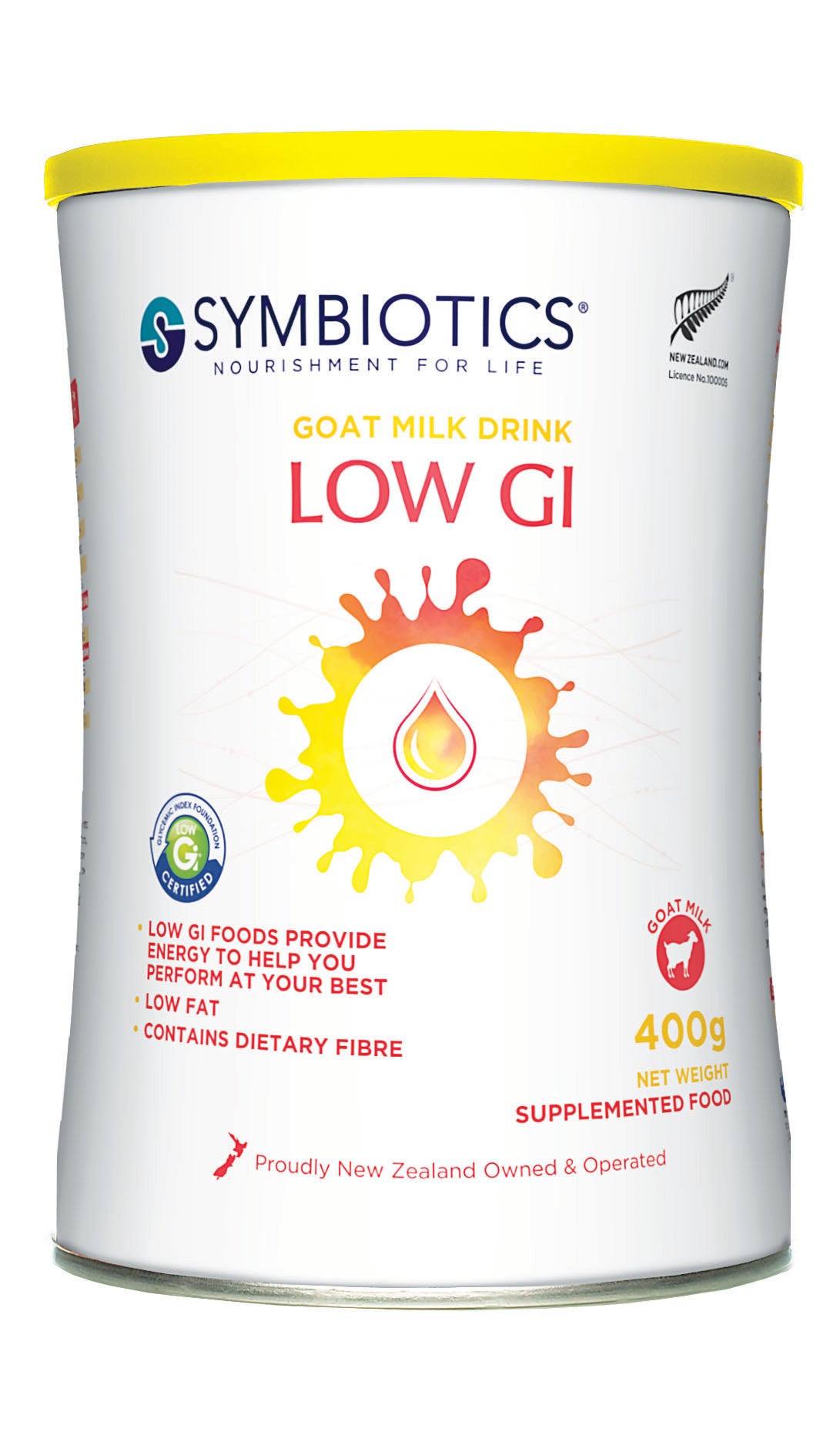
In hidden gem restaurant llandudno, Indian cuisine stands out not only for its rich tapestry of flavours but also for its use of nutrient-packed superfoods. Beyond the aromatic spices and vibrant colours, traditional Indian dishes often incorporate a myriad of ingredients that contribute to overall well-being. In this nutritional journey, we delve into the health benefits of Indian superfoods, uncovering the secrets behind their culinary prowess and their positive impact on our health.
Turmeric: The Golden Healer
Known as the golden spice, turmeric is a staple in Indian cooking and a powerhouse of health benefits. Curcumin, its active compound, is celebrated for its anti-inflammatory and antioxidant properties. From soothing digestive issues to supporting joint health, turmeric is a versatile superfood that has been a part of Indian culinary and medicinal traditions for centuries.
Moringa: The Miracle Tree
Moringa, or drumstick tree, is a nutritional powerhouse commonly used in Indian cuisine. Packed with vitamins, minerals, and antioxidants, moringa leaves contribute to improved digestion, enhanced immune function, and may even help in managing blood sugar levels. From soups to curries, moringa leaves add a nutritional boost to a variety of Indian dishes.
Fenugreek: A Diabetes-Friendly Seed
Widely used in the best Indian restaurants, fenugreek seeds have been linked to numerous health benefits. These include improved blood sugar control, increased breast milk production in nursing mothers, and potential anti-inflammatory effects. Fenugreek seeds are a versatile addition to Indian dishes, lending a slightly bitter, nutty flavour.
Amla (Indian Gooseberry): Vitamin C Richness
Amla, revered for its high vitamin C content, has a special place in Ayurveda, the ancient Indian system of medicine. This superfood is known for its immune-boosting properties, aiding digestion, and promoting radiant skin. Enjoyed fresh, dried, or in the form of amla powder, it adds a tangy twist to chutneys, preserves, and beverages.
Cumin: Digestive Elixir
Cumin, a common spice in Indian kitchens, is more than just a flavour enhancer. It’s prized for its digestive benefits, helping alleviate indigestion and bloating. Cumin seeds are a fundamental component of spice blends like garam masala and add depth to various Indian dishes, contributing not only to flavour but also to digestive well-being.
Ashwagandha: Adaptogenic Herb
Used in traditional Ayurvedic medicine, ashwagandha is renowned for its adaptogenic properties, helping the body manage stress. It is believed to enhance energy levels, support immune function, and improve cognitive health. While commonly consumed in the form of herbal teas or supplements, ashwagandha can also find its way into certain Indian recipes.
Lentils: Protein-Packed Powerhouses
Lentils, a staple in Indian cuisine, are a rich source of plant-based protein, fibre, and essential minerals. Incorporating lentils into your diet may contribute to heart health, improved digestion, and stable blood sugar levels. Whether in the form of dal (lentil curry) or soups, lentils form the backbone of many nutritious Indian dishes.
Beyond the tantalising flavours and aromatic spices, Indian cuisine offers a treasure trove of superfoods that have been celebrated for their health benefits for generations. From the anti-inflammatory properties of turmeric to the protein-packed lentils, these ingredients not only enhance the culinary experience but also contribute to overall well-being. As we savour the diverse flavours of Indian dishes, we also partake in a nutritional journey that aligns with the wisdom of centuries-old traditions. Embrace the nourishing traditions of Indian superfoods and embark on a path towards holistic health and wellness.








